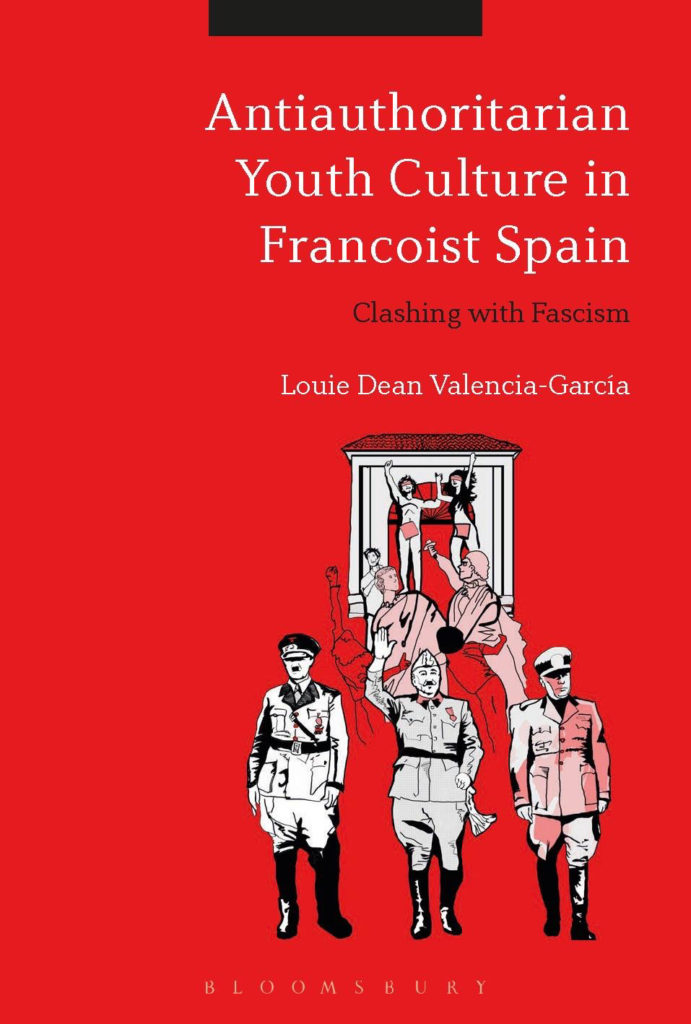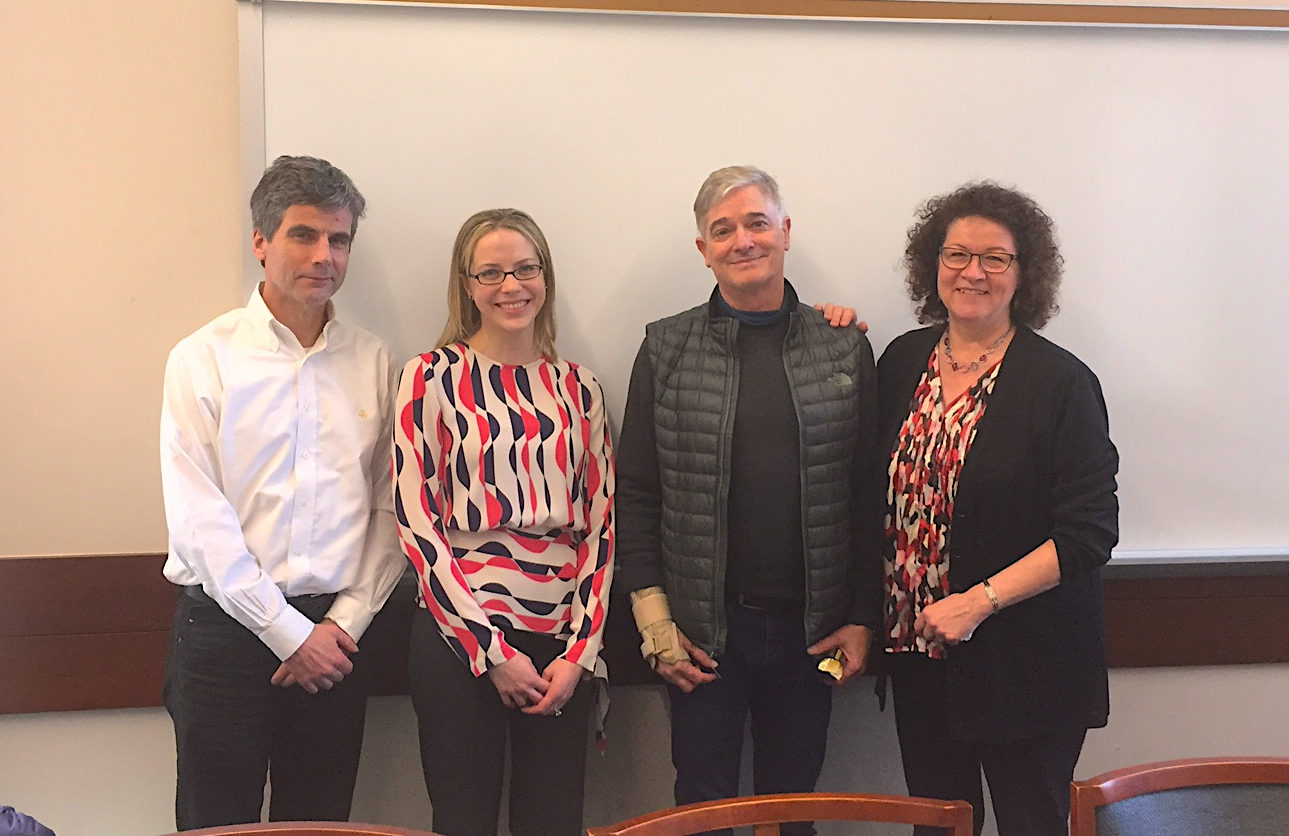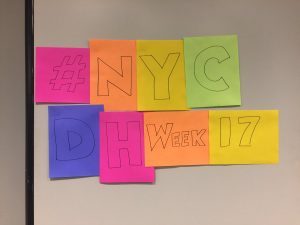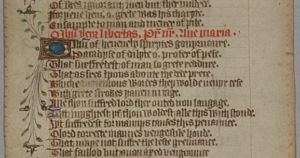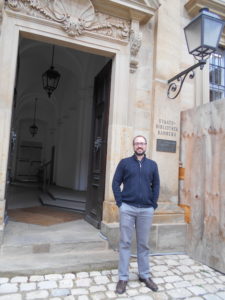
We’ve reached that exciting time of year when we can take the wraps off the courses that the History department is planning to offer in 2017-2018.We’ll start this week with our Fall offerings.
Theory and Methods
HIST 5300- The Historian’s Toolkit (Wednesday 5:30-8PM)
One of the department’s newest faculty members, Professor Samantha Iyer, will offer our new introductory course to historical theories and methods, the “Historian’s Toolkit”. Professor Iyer brings her broad expertise as a historian of international political who has worked on the history of the United States, the Middle East, and South Asia. Students can expect an introduction to a wide range of historical approaches and methodologies grounded in a thoroughly global perspective.
Medieval History
HIST 6078- Crusader States: the Latin Kingdom of Jerusalem, 1099-1291 (Friday 2:30-5PM)
While the history of the crusades has enjoyed a recent surge in popularity among students of the Middle Ages, few courses explore in any detail the society of the crusading frontier in the eastern Mediterranean. This is the second outing of Professor Nicholas Paul‘s course dedicated to the society, politics, and culture of the Frankish Levant (1099-1291). For an introduction to the crusader states (via the Crusader States Podcast) and to see the previous course syllabus and materials, visit the course website.
HIST- 7150 Medieval England (Tuesday 2:30-5PM)
Professor Maryanne Kowaleski’s year-long Proseminar/Seminar class is legendary, and with good reason. Students enrolled with Professor Kowaleski receive a rigorous training in social history grounded equally in the archival sources of English history and research methods such as database building.
From the course description:
This is the first half of a year-long course that focuses on the social, economic and administrative history of England from the 11th through 15th centuries. Special emphasis is placed upon: how to identify and exploit a wide variety of primary sources (such as wills, cartularies, court rolls, account rolls, chronicles, among others); how to use major historical collections (such as the Rolls Series, VCH, Record Commissioners, Royal Historical Manuscripts Commission, the Ordnance Survey, Selden Society, and others); and gaining an awareness of the regions and landscape of medieval England, as well as the contributions of historical geography. Besides treating thematic issues such as the church and society, law and the legal system, the growth of government and administration, maritime trade, and industry in town and country, the weekly discussions will also consider society and economy among the peasantry, townspeople and the landowning elite.
European History
HIST 5290 Luther and Reformation (Monday 5:30-8PM)
Marking the 500th anniversary of the publication of Luther’s 95 theses, Professor Susan Wabuda will offer a brand new course Luther and the Reformation in Early Modern Europe.
From the course’s description:
October 31, 2017 marks the 500th anniversary of one of the great cultural moments that shook the History of the world: the release of Martin Luther’s Ninety-five Theses. Luther disturbed the political, social, and religious structures of Western Europe. Until his death in 1546, he challenged the papacy, the Catholic Church, the Holy Roman Empire, and Henry VIII. The Reformation he began both inspired and outraged. It represented the triumph of technology through the printing press. After Luther, nothing was exactly the same ever again.
HIST 5913- Golden Age Spain and America (Wednesday 2:30-5PM)
Professor S. Elizabeth Penry, whose research concerns the Spanish empires of the Atlantic, offers a course that truly brings early modern Europe into a global perspective. From the course description:
The Spanish Hapsburg Empire was the first of Europe’s globalized empires and the first modern archival state. But even the citizens of Latin American nations came to regard “modernity” as something that needed to be imported from France, England and the United States. Their understanding and ours of the (un)importance of the Spanish colonial project for the modern world was shaped by Spain’s eclipse by England and the creation of an anti-Spanish & anti-Catholic ‘rise of the west’ narrative in the American academy. The recent scholarship we will examine rethinks Spain’s role in world history to challenge this Black Legend perspective. The course begins with the end of the ‘Reconquista’ and the formation of the hybrid socio-cultural order at the end of the 15th century and concludes with the collapse of Spain’s mainland American empire and the rise of nation states there in the early 1800s. Topics may include: the importance of urban life for Spain and its empire; the rise of the inquisition and the promotion of the homogenous Spanish national subject; and the practices of everyday life embodied in concepts of gender, sexuality, honor, popular religiosity, death and the afterlife.
US History
HIST 5645- Readings in Early America (Tuesday 5:30-8PM)
Also new to the History Department is Professor Claire Gherini, who will be offering a readings course in Early American history. Early America, especially with reference to its Atlantic history, is Professor Gherini’s area of research. She writes that the course
will provide students with an introduction to the historiography of early America from contact through the era of revolutions. Major themes include the contesting and connecting of geographical areas across the continent, the everyday experiences of work across lines of race, class, and gender, and the rise and fall of Atlantic empires.
HIST 5563- Readings in North American Environmental History (Thursday 5:30-8PM)
Perhaps no element of the human story is receiving as much attention right now as our impact on the environment and the planet. Renowned historian of US environmental history Professor Steven Stoll will introduce students to the scholarship on the history of this relationship between human society and the environment. If you want to learn more about Stoll, his work, and the work of an environmental historian more generally, you can read the profile we did about him on this blog last Spring.

